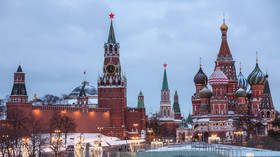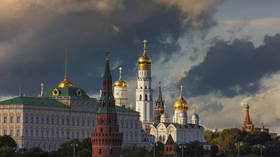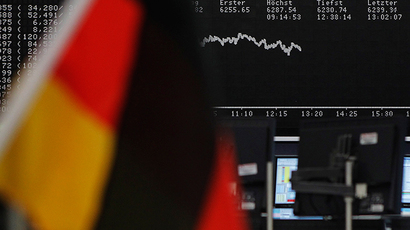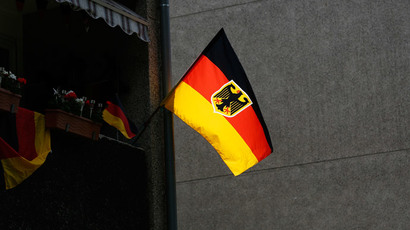Switzerland cuts growth forecast, blames slowing Europe & geopolitical crisis
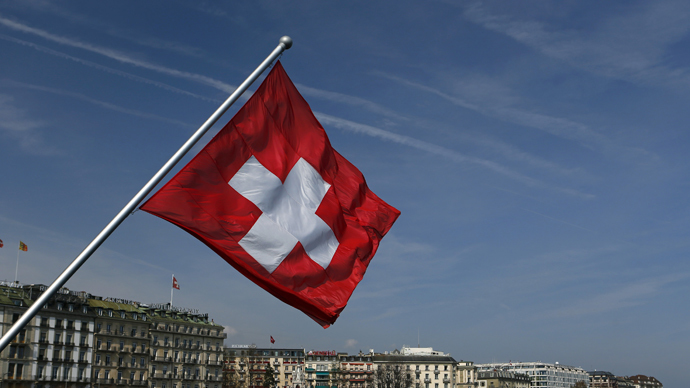
Even the Swiss economy isn’t immune to the "fragile and vulnerable eurozone" and has cut growth forecasts for this year and next. The government points its finger at weak exports to Germany and geopolitical crisis in Ukraine and the Middle East.
The Swiss government has cut back its GDP expectation to 1.8 percent from 2.0 percent growth in 2014, the second revision this year, the State Secretariat for Economics (SECO) said in a statement Thursday.
“In light of the dampened short-term economic outlook for the euro region, including Germany, the conditions deteriorated compared to the last forecasts in June,” the statement said the lull is temporary, and expects growth to gradually increase.
Switzerland’s is waiting for a pickup in exports, which will be challenging given that its biggest trading partner, Germany, is showing signs of weakness.
Switzerland sends 60 percent of exports to the EU, and Germany is a destination for 25 percent of overall goods.
READ MORE: German economy in ‘choppy waters’, as growth forecast slashed to 1.2%
Switzerland points to geopolitical tension between Russia and Ukraine and the Middle East as contributing to falling growth. Employment has stagnated and business sentiment indicators are gloomy.
According to government economists called the “Expert Group”, the downturn in Germany should be temporary, but other eurozone countries continue to suffer “protracted consequences of the crisis.”
The eurozone had no growth in the second quarter and Germany’s GDP dropped 0.2 percent in the same time period. In the second quarter, German purchases of Swiss goods fell 10.2 percent. The three largest economies, Germany, France, and Italy all failed to grow in the second quarter.
Europe’s €9.5 trillion economy hasn’t been able to shake off the recession that started six years ago after the outbreak of the global financial crisis. At $1.5 trillion, Germany accounts for nearly 30 percent of the gross domestic product of the entire 18-member eurozone.
“As a result of the continuing fragility of the global environment, in particular the faltering recovery in the euro region, the Swiss economy has lost some of its momentum since the beginning of 2014,” the statement said.
The “Expert Group” also cut its forecast for 2015 to 2.4 percent from 2.6 percent.



